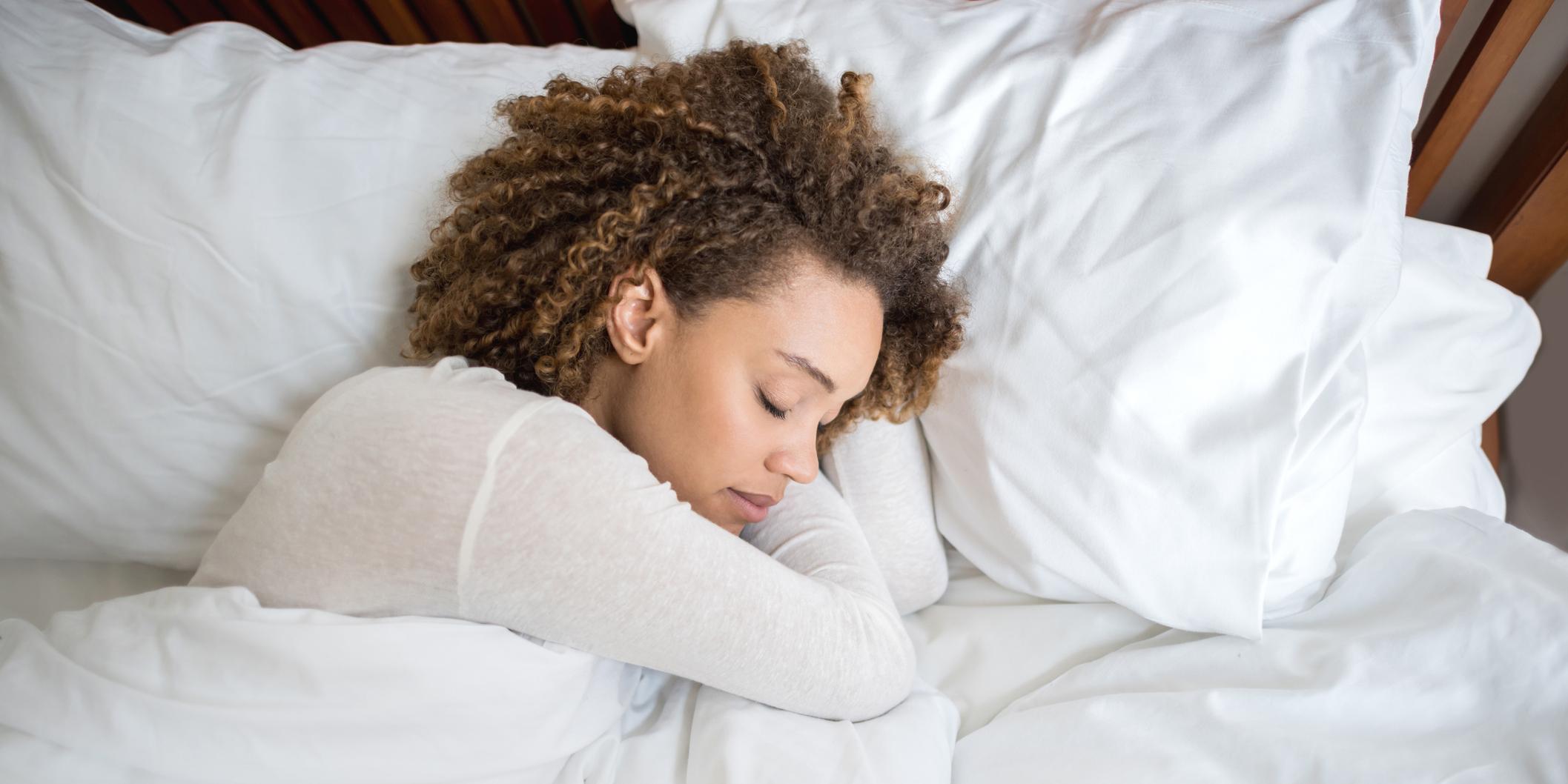Good night’s sleep more important than a pay rise in making you happy, says study
Healthy amount of rest equivalent to having four times as much disposable income

Your support helps us to tell the story
From reproductive rights to climate change to Big Tech, The Independent is on the ground when the story is developing. Whether it's investigating the financials of Elon Musk's pro-Trump PAC or producing our latest documentary, 'The A Word', which shines a light on the American women fighting for reproductive rights, we know how important it is to parse out the facts from the messaging.
At such a critical moment in US history, we need reporters on the ground. Your donation allows us to keep sending journalists to speak to both sides of the story.
The Independent is trusted by Americans across the entire political spectrum. And unlike many other quality news outlets, we choose not to lock Americans out of our reporting and analysis with paywalls. We believe quality journalism should be available to everyone, paid for by those who can afford it.
Your support makes all the difference.Sleeping well has a far more profound impact on wellbeing than a significant pay rise, according to new research.
A survey of thousands of Britons by the Oxford Economics and the National Centre for Social Research found that a healthy amount of sleep was the strongest indicator of living well.
Those who were satisfied with their sex lives, felt secure in their job and were connected to their community were also disproportionately likely to rank at the top of a new wellbeing measure, the Living Well Index.
Researchers found the average Briton had a “living well score” of around 62 out of 100, with those living the best defined as the 20 per cent of the population with the largest number of points, scoring between 72 and 92.
Income had little impact on how well people felt, the researchers found, with a 50 per cent pay rise lifting a wellbeing score by just 0.5.
Meanwhile, sleep quality could explain 3.8 points of difference between a typical person’s score and those in the top 20 per cent.
For the average person, improving sleep to the level of someone at the top of the index would be equivalent to them having over four times as much disposable income.
Across the population, 35 per cent said they were satisfied with their sex lives, while among those who scored highest in the index, 63 per cent said they were – almost twice the national average.
Worrying about the health of close relatives resulted in a difference of 1.75 points, according to the research, which was sponsored by supermarket giant Sainsbury’s.
Ian Mulheirn, Director of Consulting at Oxford Economics, said: “Wellbeing is rising up the agenda at a time of rapid change in how we live our lives, and we’ve created a critical new tool that can help us to unpick what’s driving our sense of living well, drawing on a unique, rolling survey of unprecedented breadth and granularity.
He added: “In a world that’s never been more connected, the richness of our relationships and support networks remains among the biggest determinants of how well we live – and represents an area of our lives in which we can act.”
Researchers asked 8,250 people questions about 60 different aspects of their lives, including how they behaved and felt.
The same panel will be questioned every six months, allowing researchers to trace the effects of lifestyle on how Britons feel.
Join our commenting forum
Join thought-provoking conversations, follow other Independent readers and see their replies
Comments